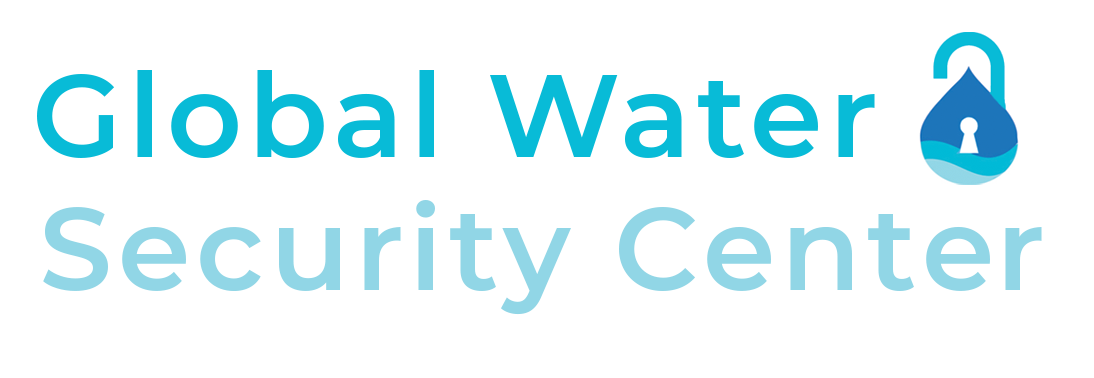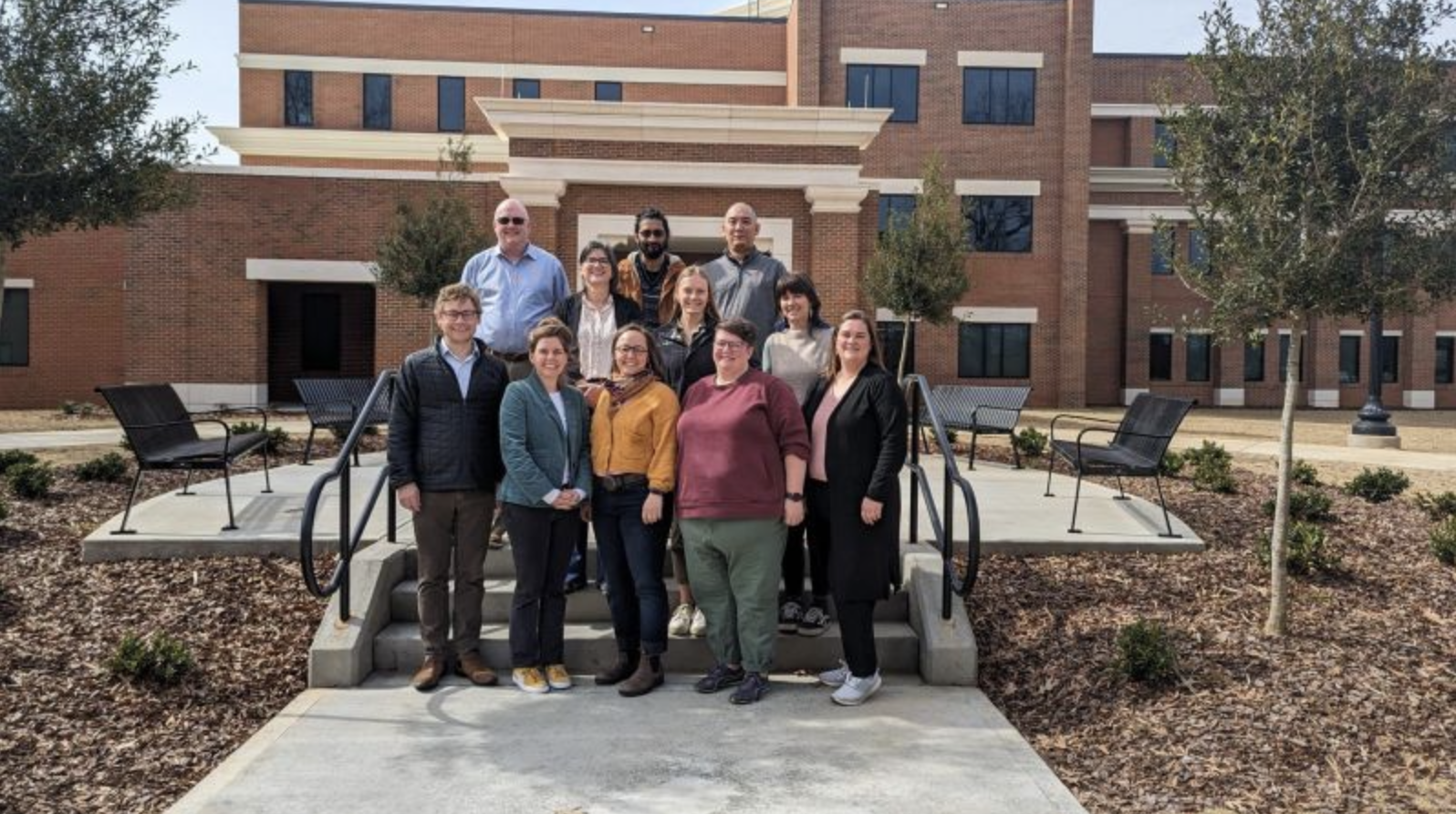This opinion article was written by GWSC Deputy Director Kate Brauman.
I learned a lot getting my PhD. I learned hydrology and ecology and economics. I learned how to ask good research questions. I learned how to execute everything from the logistics of a field campaign to wrangling and interpreting data. And even with great advisors and lab group and cohort, I learned I had to do everything myself.
In some ways, doing everything yourself when you’re getting a PhD is kind of the point: it’s all about hurling yourself into the deep end, and you’ve got to explore all the nooks and crannies yourself to learn to find your way out. But it also taught me a lot of habits that make it hard to do team science, habits I’m working to break myself and my team of.
Each time GWSC does a project, we’re diving into news and white papers and peer-reviewed literature to sort out the story of what’s going on; we’re pulling together environmental data to corroborate or contradict what we’ve read; we’re using words and diagrams and maps to explain what we’ve learned clearly and concisely; and we’re doing all of it fast, turning around issue-specific briefs in as little as a week. It’s way too much for one person to do. And we don’t want one person to do it – we want the insights and skills and perspectives that the whole team brings.
But bringing a group of people into a project can mean a lot of things, and real collaboration requires a lot of trust and communication. It’s the difference between one of our story wranglers having already read and thought through an issue before asking a data scientist to illustrate a point with a graph of rice production over the past 10 years or a map of rice paddy density, compared to that story wrangler identifying food security as an important issue and asking a data wrangler to dig in, trusting they know the data sources and how to interpret them.
I’m not knocking my PhD; the breadth and depth of knowledge it brings can really help communication. I need to know enough about water, food, or whatever we’re working on, about the data that might support different conclusions, to ask a good question, regardless of whether I do the literature or data analysis myself. In a lot of ways, my interdisciplinary training is incredibly helpful. I was never going to build the best hydrologic model or run the most nuanced economic analysis; instead, my value-add comes from thinking about the hydrology and the economics together to draw out new insight. But that still isn’t team science. At the end of the day, during my PhD I still had to do the hydrology and economics myself. So even with my team, I still catch myself thinking “let me just pull this one piece of data myself” or “I could just read that one more article.” Doing it myself is a hard habit to break!
To make our products better, for my own sanity, and because collaboration is fun, I need to do team science. So I remind myself and my team every day to ask for help, to share ideas and leads, and to trust our team. Totally worth it.

